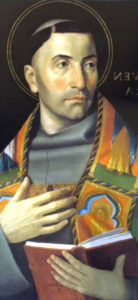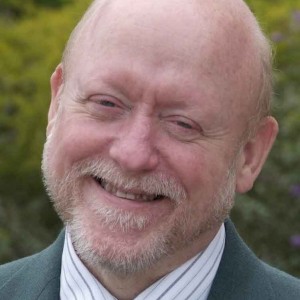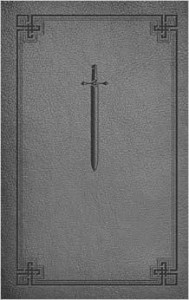Podcast: Play in new window | Download (Duration: 30:26 — 20.9MB) | Embed
Subscribe: Apple Podcasts | Spotify | Amazon Music | Android | Pandora | iHeartRadio | JioSaavn | Podchaser | Gaana | Podcast Index | Email | TuneIn | Deezer | Anghami | RSS | More
 Episode 17 – “Celebration of Holy Mass” pt. 2 – Begin Again: The Spiritual Legacy of Ven. Bruno Lanteri with Fr. Timothy Gallagher
Episode 17 – “Celebration of Holy Mass” pt. 2 – Begin Again: The Spiritual Legacy of Ven. Bruno Lanteri with Fr. Timothy Gallagher
In this episode, Fr. Gallagher offers aspects of Ven. Lanteri’s teachings on how to enter into the celebration of the Holy Mass as found in the Directory, a commentary on the Rule of the Oblates, with many insights on the spiritual life.
at the Epistle and Gospel, those of a disciple; at the Creed, those of a martyr; at the Offertory, those of the priest Melchisedech; at the Preface, those of the blessed in heaven;
Visit the “Begin Again: The Spiritual Legacy of the Venerable Bruno Lanteri with Fr. Timothy Gallagher Discerning Hearts podcast” for more episodes of this series
Father Timothy M. Gallagher, O.M.V., was ordained in 1979 as a member of the Oblates of the Virgin Mary, a religious community dedicated to retreats and spiritual formation according to the Spiritual Exercises of St. Ignatius. Fr. Gallagher is featured on the EWTN series “Living the Discerning Life: The Spiritual Teachings of St. Ignatius of Loyola”.
For books on the life and teachings of Ven. Bruno Lanteri:
For the other episodes in this series check out
Fr. Timothy Gallagher’s “Discerning Hearts” page
Please visit the site dedicated to Ven. Bruno Lanteri for more information and prayer requests
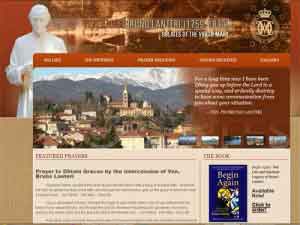
Prayer to Obtain Graces by the intercession of Ven. Bruno Lanteri
Heavenly Father, you filled the heart of your servant Bruno with a living and active faith. Grant that our lives be guided by that same faith, and, through his intercession, give us the grace of which we have so great need… Our Father. Hail Mary. Glory Be.
Jesus, uncreated Wisdom, through the hope in your merits and in your Cross, infused into the heart of your servant Bruno, and through the zeal he showed in teaching your goodness and mercy, grant us the same ardor and the grace for which we fervently ask… Our Father. Hail Mary. Glory Be.
Holy Spirit, fount of charity, through the love for God and neighbor that you enkindled in the heart of your servant Bruno, grant also to us that, living far from sin, in charity and justice, we may be worthy of the grace we humbly seek and gain the joy of heaven… Our Father. Hail Mary. Glory Be.
And you, Virgin Mother of God and our Mother, obtain from the Lord the beatification of your servant Bruno, who all his life loved you as a loyal son and zealously sought to lead others to you, and obtain for us through his intercession the grace that with great trust we ask of you… Our Father. Hail Mary. Glory Be.

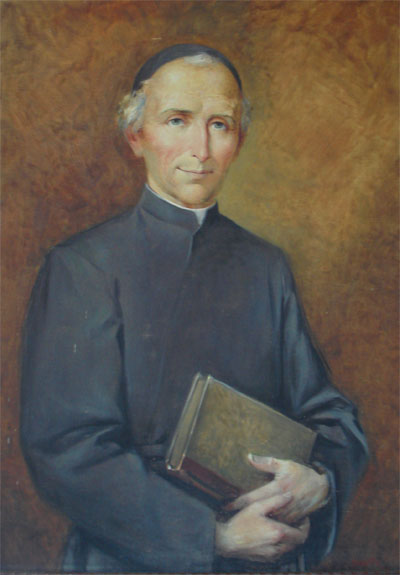
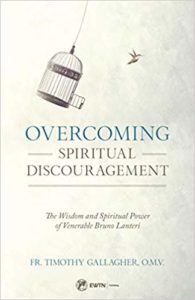
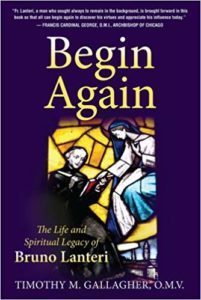
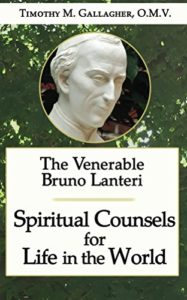


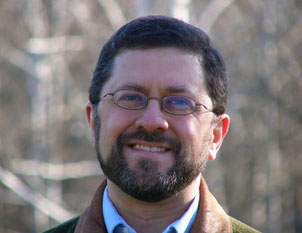 There’s nobody I enjoy spending Ash Wednesday with more than Mike Aquilina. Mike offers us rich insights on the practice of prayer, fasting and almsgiving from the perspective of the early church. He also helps us to see how we can concretely live out all three and further enrich our spiritual lives and help those around us to see Christ more fully in us and the Church. We like Mike! He’s awesome!
There’s nobody I enjoy spending Ash Wednesday with more than Mike Aquilina. Mike offers us rich insights on the practice of prayer, fasting and almsgiving from the perspective of the early church. He also helps us to see how we can concretely live out all three and further enrich our spiritual lives and help those around us to see Christ more fully in us and the Church. We like Mike! He’s awesome!
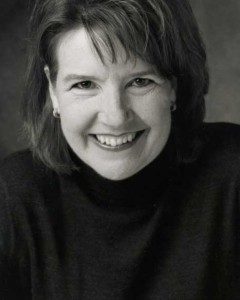
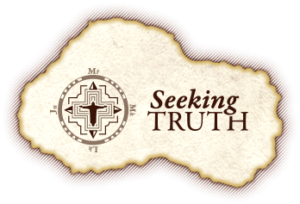
 In this episode, Dr. Lilles discusses the Fifth Mansions Chapter 3 of the “Interior Castle” which covers:
In this episode, Dr. Lilles discusses the Fifth Mansions Chapter 3 of the “Interior Castle” which covers: For other audio recordings of various spiritual classics you can visit the
For other audio recordings of various spiritual classics you can visit the 
 Dr. Matthew Bunson discusses the life, times and teachings of St. Bonaventure pt. 1
Dr. Matthew Bunson discusses the life, times and teachings of St. Bonaventure pt. 1